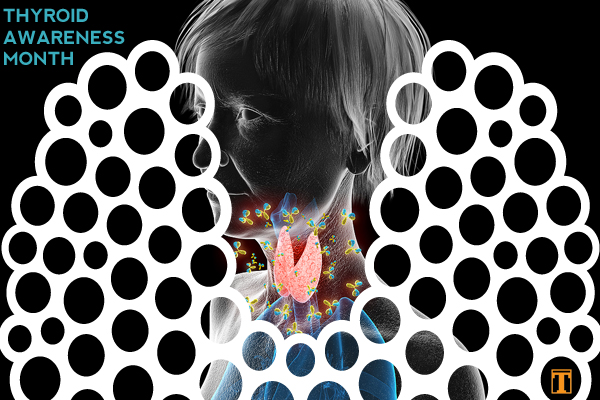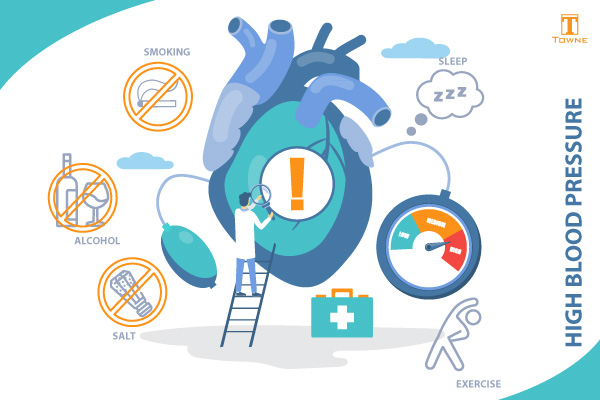Here’s an amazing fact: Up to 1 out of 4 patients in nursing facilities have undiagnosed thyroid disease. The reason that this happens is because older adults often have only one symptom of the disease, so it goes undetected. Younger people tend to have multiple symptoms, so they are diagnosed more quickly.
Undiagnosed thyroid disease in the elderly can lead to other serious conditions such as cardiovascular diseases and osteoporosis, so it is important to catch it as early as possible.
Some symptoms of thyroid disease include heart fluttering, constipation, weight loss, weight gain, a dry cough, depression and memory loss. Some of these symptoms are likely to be dismissed as simply part of the aging process and others can also be signs of other diseases. So, how do doctors know that they need to test an elderly patient’s thyroid function?
If the patient has a family history of thyroid issues, was treated in the past for hyperthyroidism, or has a history of surgery or radiotherapy to the neck, the chances that he suffers from thyroid disease are much higher. If any of these signs are present, doctors will suspect thyroid disease and test for it.
Thyroid disease is generally treated with hormones that replace the function of the thyroid gland. In the elderly, this treatment can put stress on the heart and the central nervous system, so it’s usually started slowly with a low dose and increased gradually. It’s important to pay attention to possible side effects and report these to the physician if they occur: increase in angina, shortness of breath, confusion and change in sleep habits.
In the case of thyroid cancer, surgery and then hormone therapy may be necessary.
Wishing you and your patients health and happiness!







